A frequent critique of our generation is that we’re all talk and no action. All about aesthetics, never about tangible change. We are told that we are lazy; we participate in politics that isn’t considered meaningful – we participate solely in ‘slacktivism’.
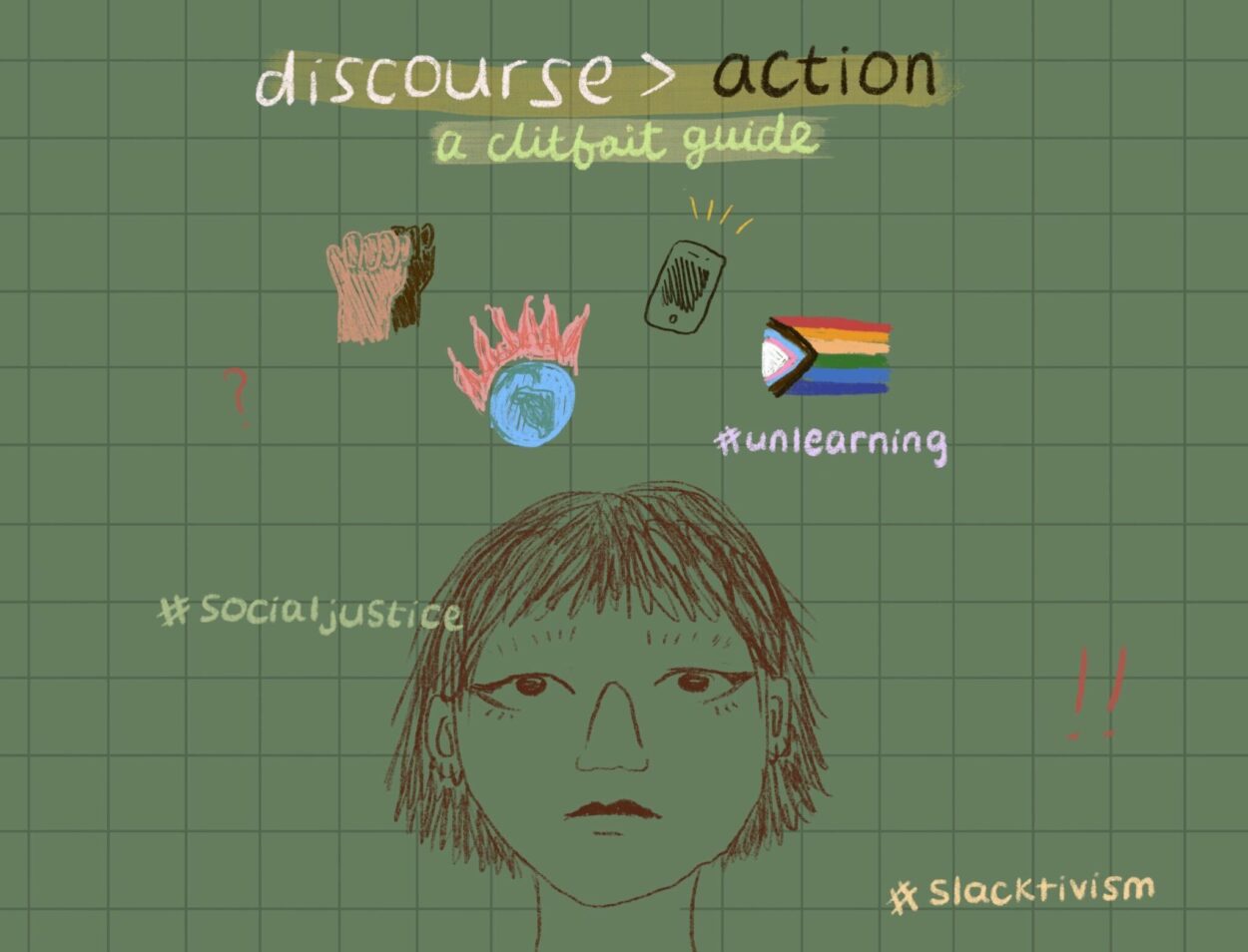
The Clitbait guide to turning discourse into action
A frequent critique of our generation is that we’re all talk and no action. All about aesthetics, never about tangible change. We are told that we are lazy; we participate in politics that isn’t considered meaningful – we participate solely in ‘slacktivism’.
Whilst many of us are all too aware (and guilty) of this, it is surprisingly difficult to move our activism offline. So, if you, like me, are looking to advance a little further forward than merely the trusted Instagram infographic, then this guide can act a starting point.
What is the difference between discourse and action?
First things first, discourse is a form of activism. Whilst the term ‘activism’ is often used to mean practical action, such as protests, sit ins, lobbying etc., discourse denotes what our generation currently excels at; challenging social issues through open discussion. This includes spreading awareness of the impact of language and political rhetoric, representations and narratives within our society.
So where do I start with practical activism?
First tip: don’t get overwhelmed. Being an ‘activist’ doesn’t have to become a defining part of your identity if you don’t want it to. Overcoming the guilt that inevitably comes with the realisation that you can’t dedicate your entire life to actively supporting every cause is the first step. Pretty much no-one has the time or resources to commit to that, other than billionaire philanthropists (and let’s not get into that contradiction).
Honing in on something you’re passionate about will inevitably open the door to plenty of other causes that’ll interlink along the way. For instance, if Climate Change is your thing, you’ll be bound to find plenty of opportunities (unfortunately) to get involved with issues concerning Environmental Racism, Women’s Rights, Animal Rights and Education.
What resources can I use?
Although social media can be reductive, it’s also sort of your best friend – especially when you’re trying to first get to grips with everything. Identify local organisations and groups that focus on the issues you’re interested in; using hashtags or taking a sneaky look through the following of your friends with similar political values can also be helpful.
Sign up to charity newsletters to remain in the know about events, ongoing campaigns and the wider activity of organisations that interest you – If you want to look for the more niche charities, use the filter on the Charity Directory.
Following or subscribing to local magazines or publications with a focus on social issues will direct you to plenty of opportunities whilst student magazines tend to support local charities and targeted campaigns thereby giving you another source of inspiration.
Wherever you live, it’s important to be actively engaged in your local community. Pin boards in libraries, cafes, town halls and gyms tend to have either charity or group meet ups advertised. Local initiatives often rely on word-of-mouth and shared spaces to create interest and action. And, if you can’t find the right one, why not start one?
So, I’ve got a cause, and found some stuff to read, what can I do?
Donating your time and money remains one of the most effective ways to participate in activism. Donating money to smaller charities might mean there’s a higher likelihood that your money will go directly into the local community. However, volunteering or donating to larger NGO’s remains important, especially if you want to reach beyond local, grassroots activism. Global charities may also offer volunteering opportunities to go abroad and learn about different communities – you could be working on issues such as sustainability, education or improving living standards. It’s always worth a look online to find different ways to get involved!
Withholding your money can be just as effective as giving it. Boycotting companies whose practices you disagree with is a powerful way to take a stance; organising an informative email, petition or letter writing campaign can be a practical tool when fighting for a cause. You can get clued up on the ethical standards of products you buy and use here.
Concerning yourself with politics by attending your local council meetings can help you stay updated, whilst also determining which issues align with your values. Similarly, turning up to the myriad of organised events available to you, whether that be national protests, speaker events, fairs, or fundraisers, remains an effective way to use your voice. Local towns and villages will also have smaller events, usually organised by established groups. Search through the ‘Events’ section on Facebook by using key words and stay up to date with the groups, newsletters, and publications you follow, as they’ll often organise events too.
If there aren’t many in person events available in your local area or regarding an issue you’re passionate about, organising one yourself is always an option. Starting small with something simple like a film screening or bake sale can make this a less dauting ordeal, as well as being a great way to meet like-minded people. When brainstorming event ideas, established charities such as Amnesty International already have pre-planned campaigns on their website, which can be useful inspiration. As always, use your connections to get as many people involved, whether that’s artists or musicians, friends, family and community groups.
So, should I swap discourse for practical activism?
No! Practical and grassroots activism is not the only legitimate form of change and advocacy. Discourse should be an accompaniment and a reinforcement to the work that you do. We shouldn’t discourage online discourse just because it doesn’t fall into what has been constituted as ‘real activism’, as, truly, this type of engagement can only lead to an increased awareness about important social and political issues.
Sylvie Dulson, Society and Community Writer
Header image by one of our wonderful graphic designers, Lucia Villegas

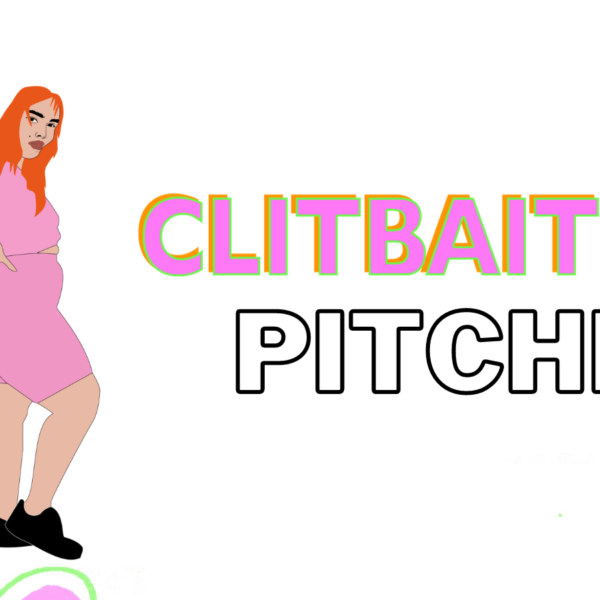
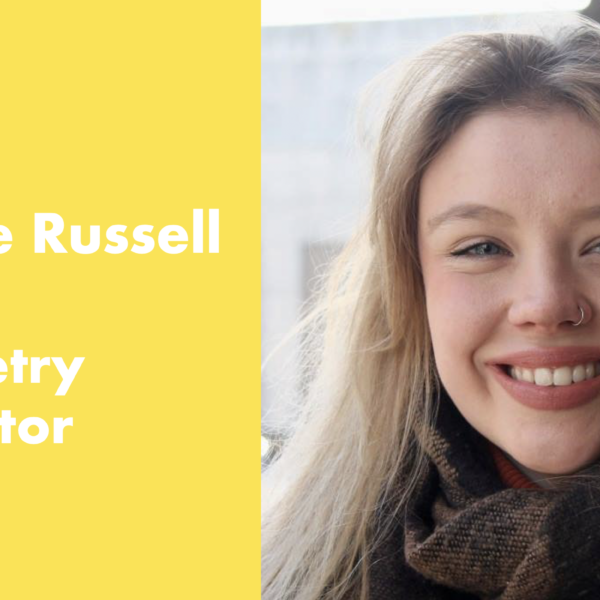
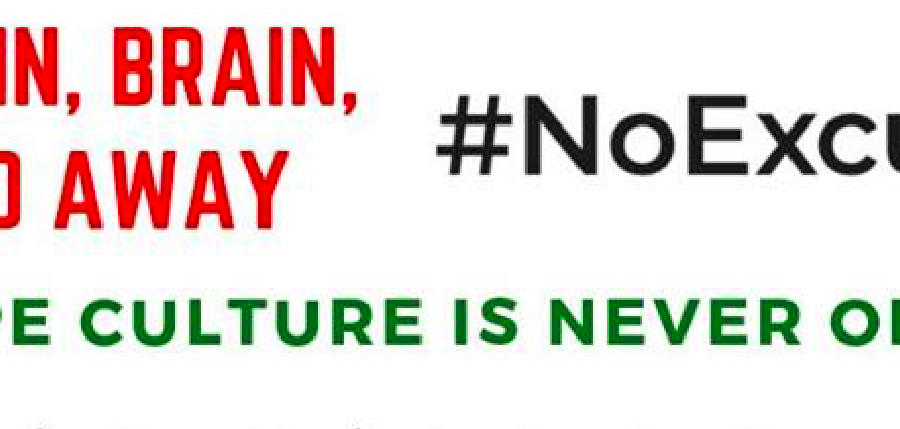
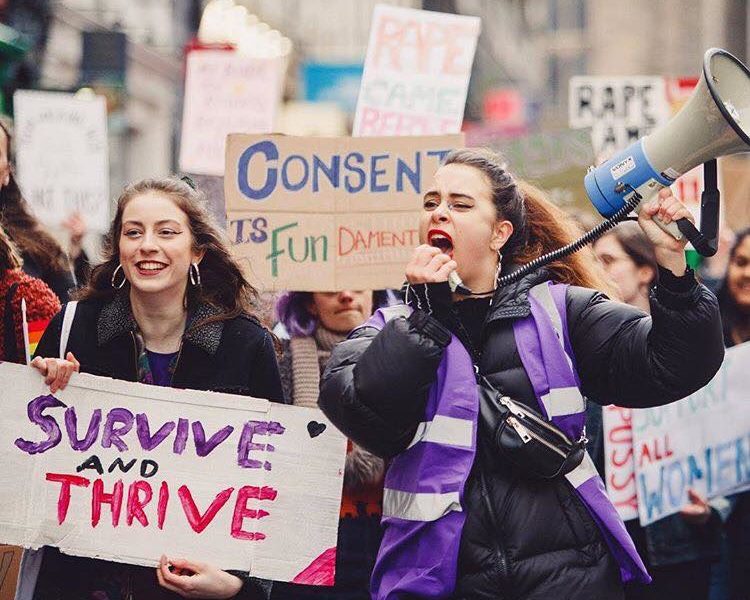
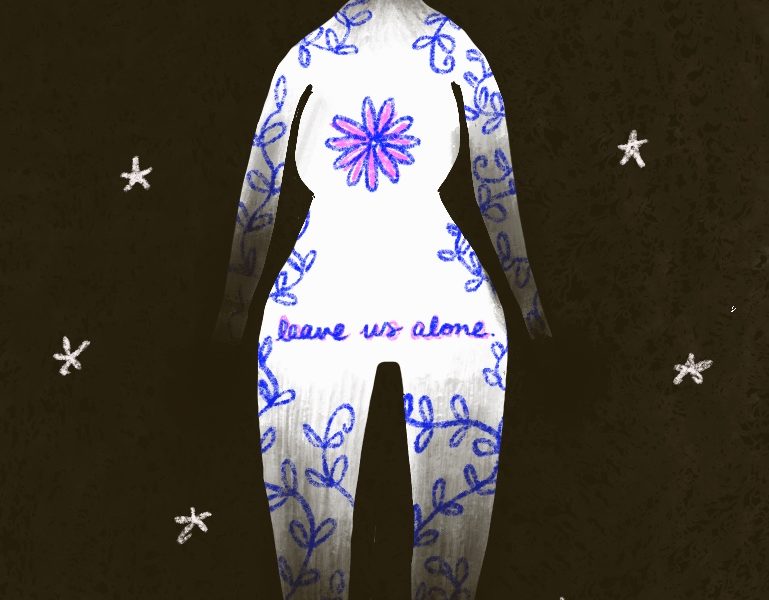
Leave a Comment